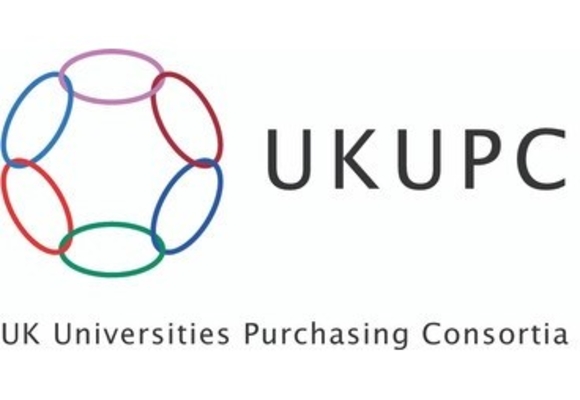As a generic term, food loss and waste (FLW) refers to any food substance, processed, semi-processed or raw, intended for human consumption but not consumed by humans. Globally, 13.3% of food was lost before retail, and 17% more was wasted at retail, food services and households in 2020 (WWF and WRAP, 2021). In 2015, the UN targeted halving global food waste at retail and consumer levels and reducing food loss along production and supply chains by 2030. Many countries, including the UK, have aspirational (non-binding) food waste reduction targets of 50%.
Half of the time has gone by since the UN target was set in 2015, but the world is far from reaching the halfway point of the target despite over 500 studies and reports on causes, business solutions (UNEP and FAO) and enormous investments made by governments, NGOs and CSOs (e.g. FAO, WRI, WRAP, ReFED, Sustainable Food Trust) to prevent and reduce FLW. Global food wastage has remained relatively constant since the FAO’s 2011 report of 1/3 of food being lost/wasted across the food chain (SDG Report, 2022). WWF and WRAP (2021) even suggested that the wasted food could be even higher (over 40% of food produced globally). Where progress has been reported, the accuracy of the estimation remains a question.
There is a clear need for more research to understand the challenges and opportunities in managing food loss and waste issues. TUCO will run a Food Waste Action Week (6-12th March). At the same time, TUCO is working with Harper Adams University to undertake collaborative research into how in-house catering services in the UK HE sector manage food waste issues. Specifically, the project aims to understand current management practices and future action plans. It will also explore the challenges catering services face in addressing FW issues and what help/support/innovation is expected in addressing the challenges.
This is two-stage research, with stage one involving one-to-one interviews, which will continue to mid-February and stage two focus group discussions aimed to take place in June 2023. At stage one, catering managers will discuss on a one-to-one basis with the researchers about their current practices and challenges faced. The managers will be expected to develop an updated food waste strategy or action plan over the next three months to be shared with the research team. Stage two will involve two focus group discussions with the participating managers to share their experiences updating the FW strategy/plan, including challenges faced and help/support/innovation needed.
Research findings will be shared with all TUCO members. Members’ participation will strengthen the evidence of this report.
If you would like to participate, please register your interest by completing this short online form:






